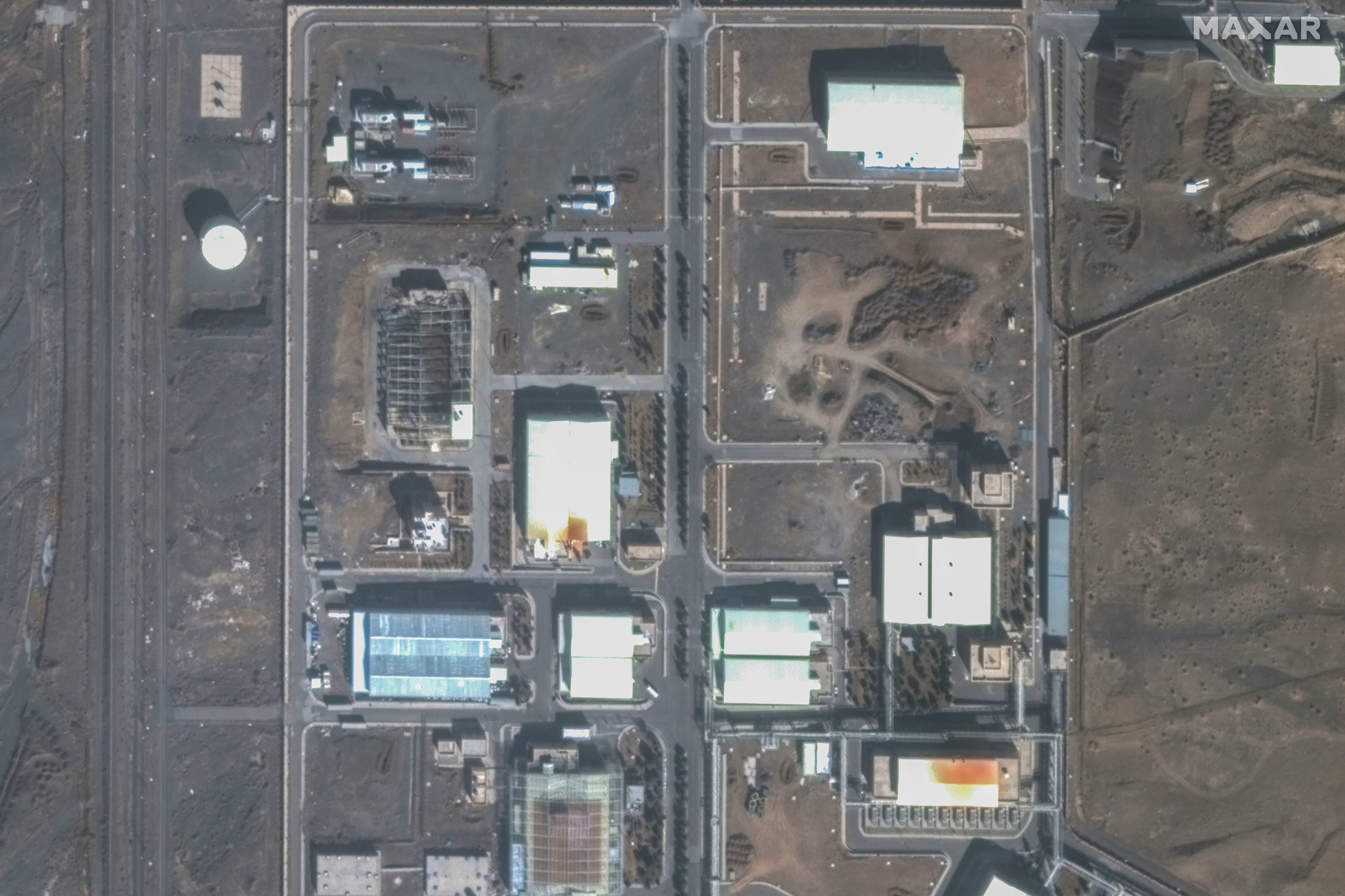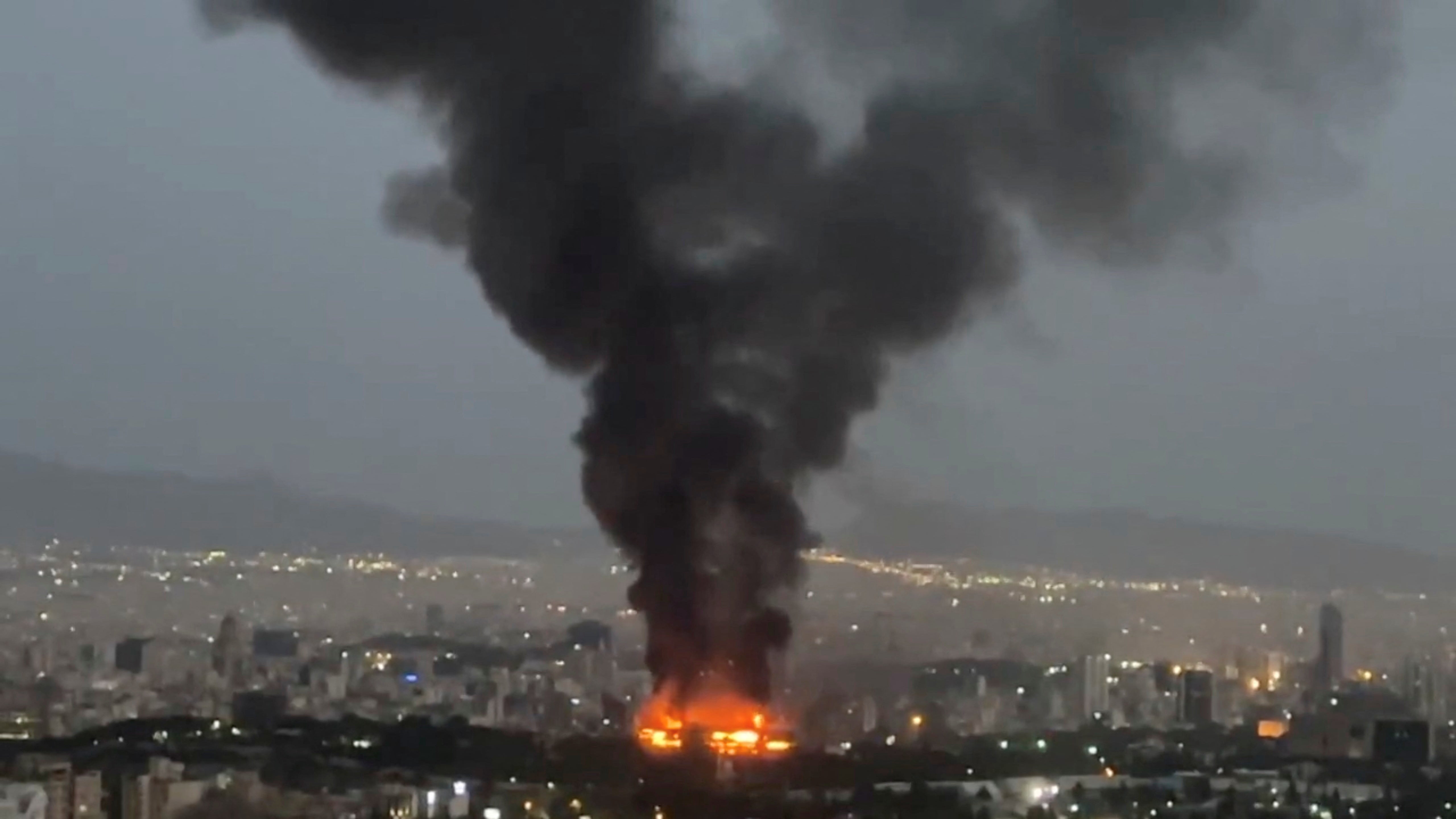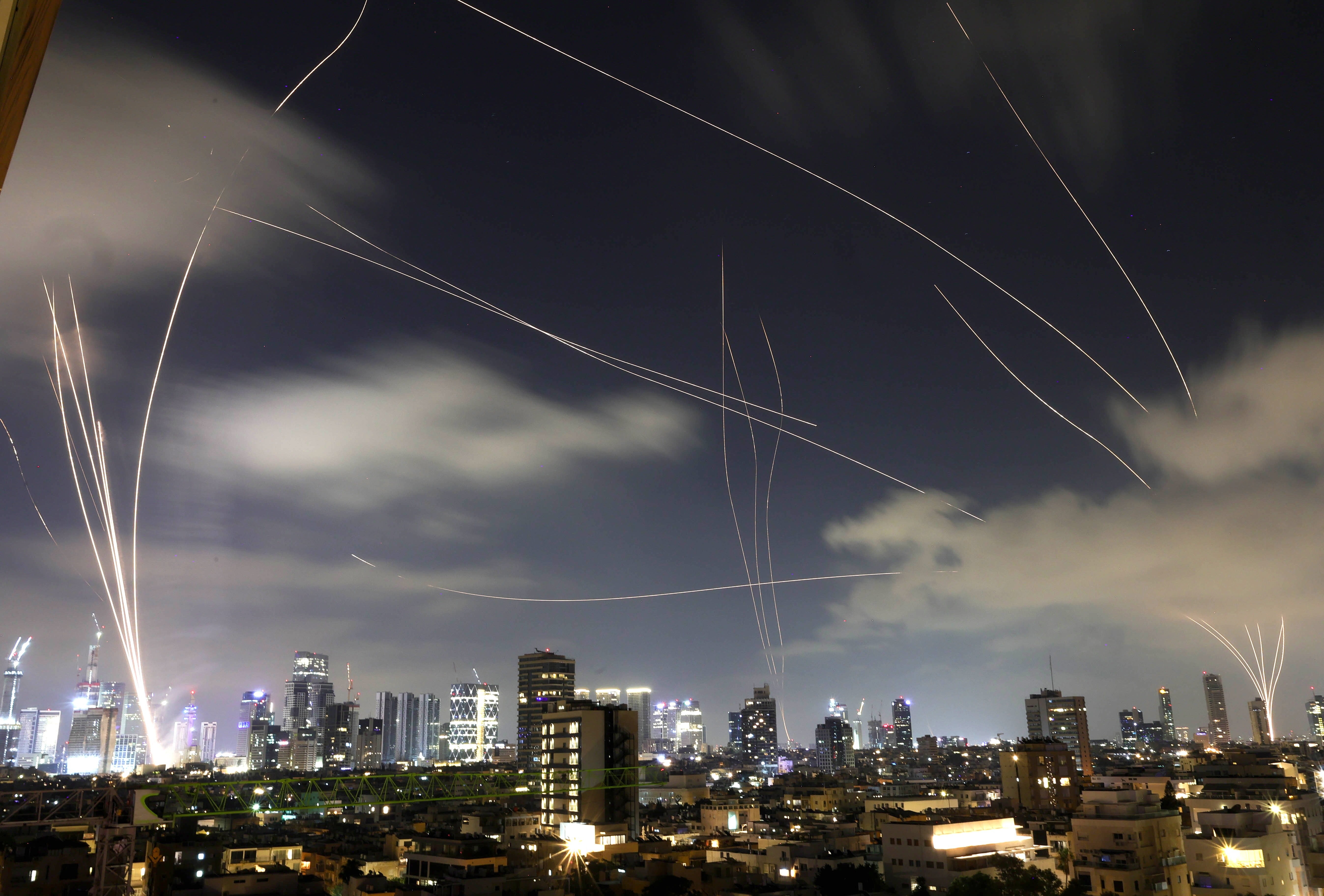Table of Contents
The conflict between Israel and Iran has now entered its sixth day, and reports suggest that the US may join with Israel in attacking Iranian nuclear facilities.
At least 224 people have been killed in Iran, and 24 in Israel, after the IDF launched a series of attacks on Iran’s nuclear sites and its capital Tehran last Friday.
Iran has not been regularly updating its death toll, but Washington-based group Human Rights Activists said that, as of Wednesday, at least 585 people had been killed and more than 1,300 wounded.
Follow the latest updates on our live blog.
Nuclear sites in Iran have also suffered significant damage, and key military personnel in Iran’s Revolutionary Guard – as well as nuclear scientists and negotiators – have been killed by the Israeli military.
But the pretext upon which Israel opened the conflict – claims of an imminent risk that Iran will develop nuclear weapons – has been contested by Washington. US intelligence has maintained that such an outcome may be years away.
Here, The Independent looks at how two of the world’s most powerful spy agencies have produced different assessments of the status of Iran’s nuclear programme – and why this will form a key part of any decision made by the US to get involved in the conflict.

Israel’s claims about the Iranian nuclear programme
When Israeli prime minister Benjamin Netanyahu announced plans to strike Iran’s nuclear facilities last week, he claimed Tehran was on the cusp of producing a nuclear bomb.
For decades, the Israeli leader has warned of the risks of Iran producing the bomb in violation of the nuclear non-proliferation treaty – to which Israel is not a signatory. It is a concern that has been echoed by many Western governments over the years.
“Moments ago, Israel launched Operation Rising Lion, a targeted military operation to roll back the Iranian threat to Israel’s very survival,” Mr Netanyahu said soon after the attacks were carried out.
On Sunday, he told Fox News that the intel, which was shared with the US, was “absolutely clear that they were working, in a secret plan, to weaponise the uranium. They were marching very quickly.”
Israel’s president Isaac Herzog has since told Sky News that Iran was “rushing” towards the bomb “under disguise”, according to Israeli assessments.
“I’ve always been very crystal clear with regards to the nuclear capability of our enemies – it has to be removed at once. They are lying whilst talking to the United States and other allies,” he added, referring to recent negotiations between Tehran and Washington over a new nuclear deal.

How US intelligence differs from Israel’s
Although the Trump administration has been vocally supportive of Israel’s strikes on Iran, US intelligence reports do not align with Israeli claims about Iran’s nuclear programme.
Four people familiar with US intelligence assessments told CNN that Iran is not actively pursuing a nuclear weapon – and that it is up to three years away from being able to produce a weapon of mass destruction ready to deliver on a target of its choosing.
Iran is “about as close as you can get before building [a nuclear weapon]”, one senior US official told the broadcaster. “If Iran wanted one, they have all the things they need.”
Questions also remain over how much of an impact Israeli strikes can have on Iran’s nuclear facilities.
Some sites have been damaged, including the Natanz nuclear facility. The International Atomic Energy Agency said on Tuesday that an Israeli strike had directly hit the underground enrichment halls at the site. This was an update to an earlier assessment, which had suggested that the damage hadn’t been quite as severe.

Fordow, a heavily fortified enrichment site deep underground, remains barely touched by the Israeli strikes – which will struggle to damage the site significantly without specific American bunker-busting bombs.
US officials believe Israel’s strikes may have set back the programme only by a matter of months, according to CNN.
“Israel can hover over those nuclear facilities, render them inoperable, but if you really want to dismantle them it’s either a US military strike or a deal,” said Brett McGurk, a former diplomat to the Middle East and a CNN analyst.
Will Trump defy US intelligence and attack anyway?
The Trump administration reportedly remains reluctant to engage directly in a war, but it is unclear whether this position will change given the US president’s recent rhetoric.
“It’s possible we could get involved,” Mr Trump said, despite his public comments indicating that he would prefer a negotiated settlement between Iran and Washington.
In fact, Mr Trump has angrily pushed back on his own director of National Intelligence Tulsi Gabbard’s assessment of the status of Iran’s nuclear programme. On Tuesday, he told journalists aboard Air Force One that he did not care about her belief that Tehran was not actively working on constructing a usable nuclear weapon.
“I don’t care what she said, I think they were very close to having one,” he told the press corps.
The president’s comments suggest that his own instinct, rather than the advice of his own intelligence agencies, may be what drives the decision to drag the US back into war in the Middle East.

